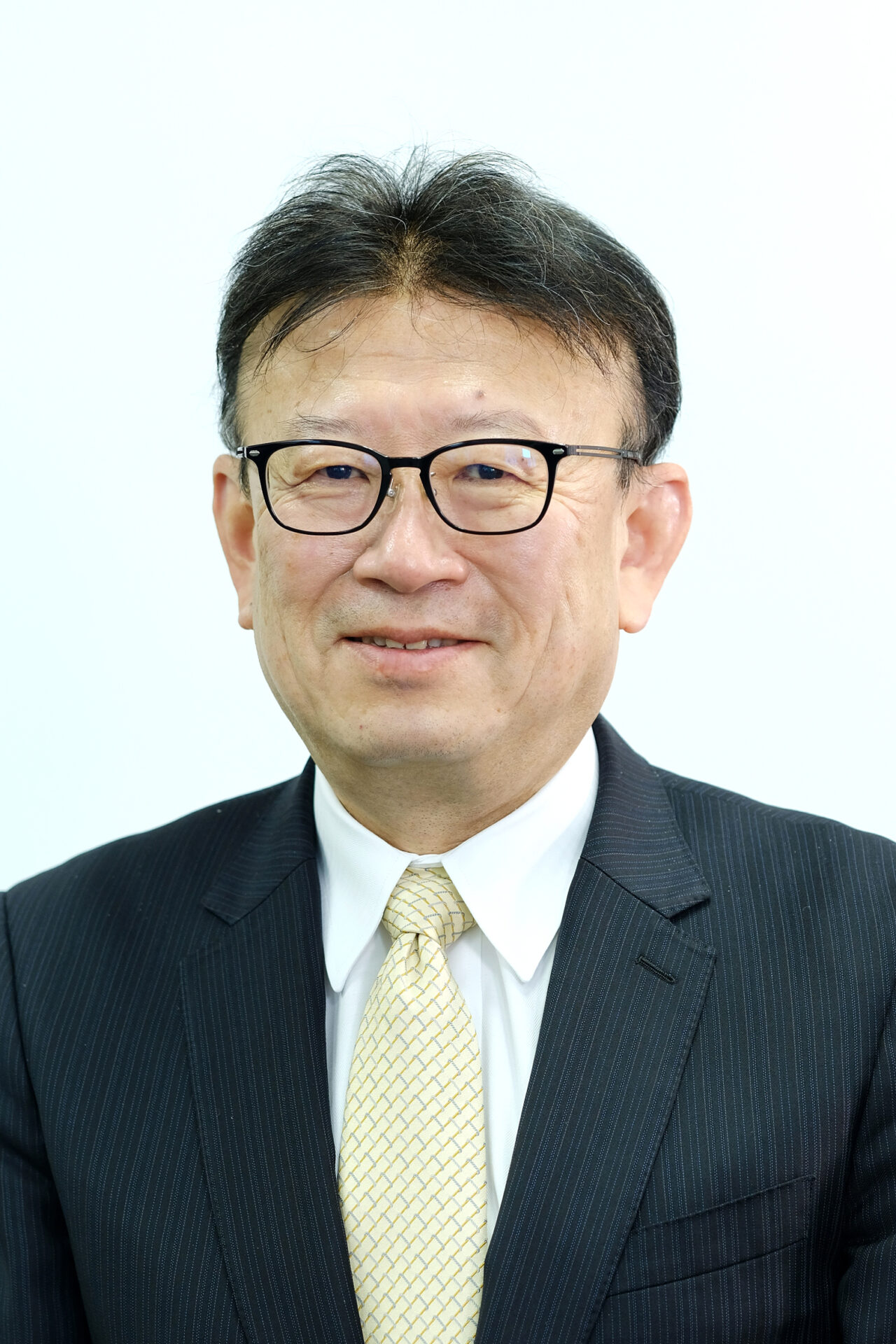
Dean of Research Faculty of Agriculture,
Graduate School of Agriculture,
and School of Agriculture.
Research Faculty of Agriculture, Graduate School of Agriculture and School of Agriculture, Hokkaido University have their origins in Sapporo Agricultural College. Sapporo Agricultural College was established in 1876 as the first “modern university awarding bachelor’s degrees” in Japan. It later developed into the Agricultural College of Tohoku Imperial University, Hokkaido Imperial University, and the current Hokkaido University. This year marks 147 years since its foundation. During this time, Research Faculty of Agriculture, Graduate School of Agriculture and School of Agriculture, Hokkaido University have produced many outstanding human resources, positioning Agriculture as the study that investigate the elements essential for the survival of mankind, including food, clothing, and shelter.
One of the challenges facing Japanese agriculture today is its declining and aging agricultural population, as well as the increase in abandoned and underutilized farmland, which has led to a decline in productivity and forced the country to rely heavily on imports for food. Japan’s current food self-sufficiency rate on a calorie basis is 38%, which is an issue that needs to be improved judging from the mission that agriculture has been entrusted by the people. In addition, the exhaustion of farming villages, which is progressing along with the weakening of agriculture, will result in the loss of various public interest functions, such as land preservation, landscape maintenance, and health and recreation.
Looking at the world, the world population is now 8 billion, and is expected to reach 9.7 billion in 2050 and exceed 10 billion by 2100. It is estimated that the world’s demand for food at that time will increase by 60% of the current level, and that the global supply-demand balance for food will collapse, leading to food shortages in the future. Along with this population growth, environmental problems such as global warming, drought, and desertification have become more serious in recent years, and it is necessary to bring together the wisdom of mankind to solve these problems in order to realize sustainable food production on a global scale. Solving food and environmental problems is extremely important for the sustainable survival of humankind through the effective use of the limited resources on the earth. For this reason, Research Faculty of Agriculture, Graduate School of Agriculture and School of Agriculture, Hokkaido University have established a philosophy of education and research that aims to “contribute to the sustainable prosperity of humankind through the establishment of a foundation for existence based on the biosphere,” and are promoting multifaceted education and research to foster human resources with the knowledge and technology to contribute to the solution of global-scale problems related to food, resources, energy, and the environment, and to the sustainable development of regional agriculture, forestry, and related industries. We promote research and technological development that contributes to solving global problems related to food, resources, energy, and the environment, and to the sustainable development of local agriculture, forestry, and related industries.
Modern agricultural science, like other natural sciences, has developed through the fragmentation of academic disciplines that attempt to understand phenomena through an elemental reductionist way of thinking. In recent years, however, it has become clear that it is difficult to solve issues such as uneven distribution and shortage of food on a global scale, global warming, destruction of the ecological environment, and food safety using such an elemental reductionist approach. To solve complex issues involving society, we need not only “specialized knowledge” in the natural sciences, but also “comprehensive knowledge,” a fusion of diverse knowledge, including social sciences that deal with ethical, legal, and social issues. It is the Research Faculty of Agriculture, Graduate School of Agriculture and School of Agriculture, Hokkaido University that have educational and research organizations that can create and utilize this “comprehensive knowledge”.
The Faculty of Agriculture consists of seven departments: Agrobiology and Bioresource, Applied Bioscience, Bioscience and Chemistry, Forest Science, Animal Science, Bioresource and Environmental Engineering, and Agricultural Economics. The Graduate School of Agriculture is organized as a single major in Agriculture with three broad courses (Frontiers in Production Sciences, Frontiers in Biosciences, and Frontiers in Environmental Sciences) to promote cooperation among subdivided specialized fields and to develop human resources with broad perspectives. In addition, the Faculty of Agriculture has established the Global Education Program for AgriScience Frontiers, a special English-language course. This English-language educational program aims to nurture advanced professionals who can respond to globalization and border lessness in the fields of food, agriculture, health, and the environment. The Research Faculty of Agriculture has established the Division of Research Innovation and Cooperation Cooperative Promotion Group in addition to the Division of Fundamental AgriScience Research which will strengthen social, regional, and international collaboration by establishing a system that integrates the humanities and sciences and co-creates society.
Research Faculty of Agriculture, Graduate School of Agriculture and School of Agriculture, Hokkaido University contribute to the well-being and sustainable development of humankind through education and research in agricultural sciences against the backdrop of the fields of Hokkaido, a food base of Japan blessed with a rich natural environment.
